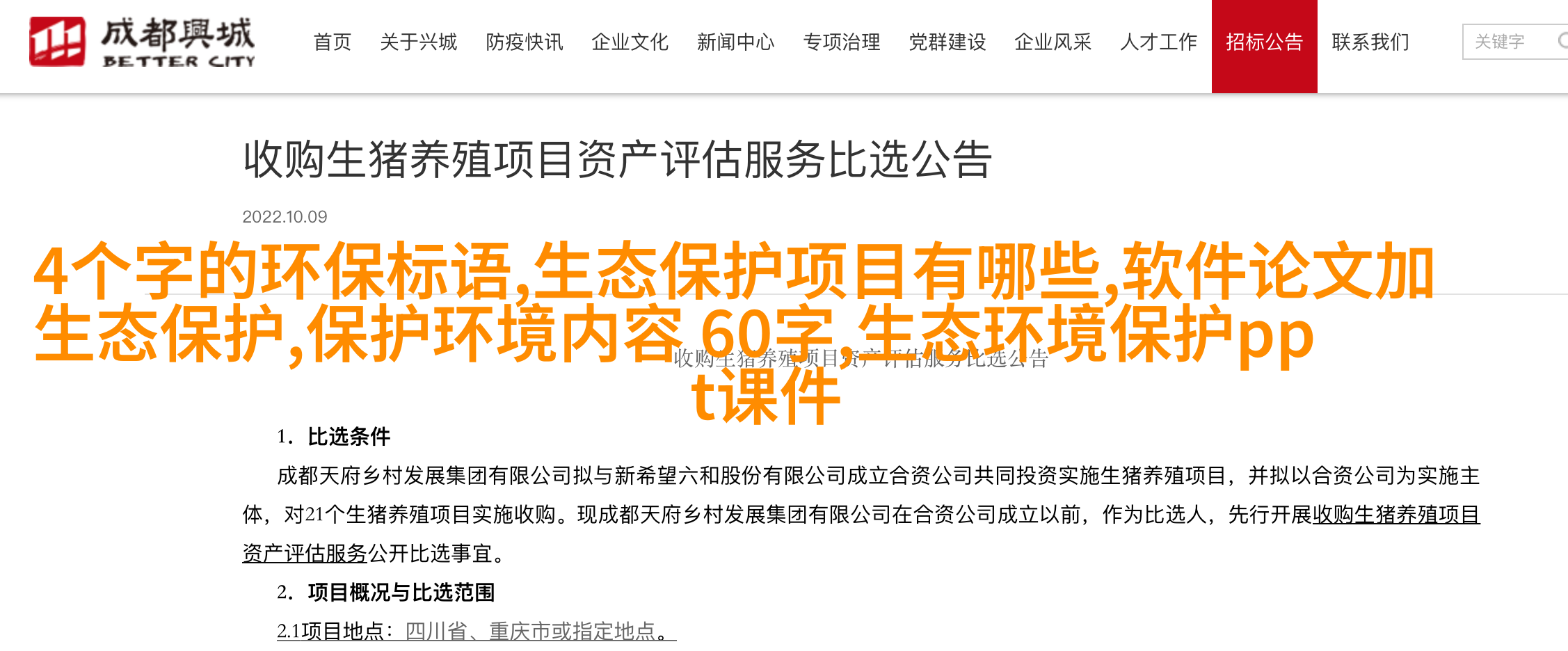2023年青岛农村生活污水治理基本实现全覆盖农村排污水由环保部门管理
青岛市统筹推进农村生活污水综合治理,并以“莱西全域治理模式”典型引路,探索一条可复制、可借鉴的新路子。截至去年底,我市累计完成3315个村生活污水治理,占5368个应治理村庄的61.75%,我市农村生活污水治理工作走在全省前列。今年,我市计划新治理 village300个以上,到2023年,农村生活污水基本实现全覆盖;到2025年,所有 village life water基本得到有效收集和处置。

“莱西模式”被推广
莱西816个village分散在1500多平方公里的范围内,这些village分散、大小不一,有地质情况和规划布局情况复杂。

“Pollution control is the biggest difficulty, it's all about collection, once the pollution is collected, it's half of the battle won.” said Tang Mingxing, director of Lixi City Housing and Construction Bureau Water Pollution Control Office. Except for townships in urban areas connected to city sewage networks, there are no such networks in other rural areas. Only a few villages have drainage ditches.
Lixi insists on comprehensive planning and coordinated implementation across 816 administrative villages. The infrastructure for rural wastewater treatment includes approximately 3590 kilometers of sewage pipes and over 1900 collection pits built into the ground as well as construction of 52 village-level wastewater treatment stations...The total investment for these facilities was around RMB7.98 billion.

Currently, all 816 villages have completed surveys and designs for their respective wastewater management systems with plans to complete construction by year-end to achieve full coverage in Lixi's urban wastewater management efforts.
In Pingdu City's Yanguang Town Yangjiaditun Village stands an innovative small-scale sewage treatment station that defies conventional expectations.

Since introducing Guangdong Anwei Environmental Industry Co., Ltd.'s "combined biological filtration + multi-functional ecological purification bed + greenhouse" technology in 2017, Pingdu has been able to maintain stable operation even under low temperatures and high concentration environments without human intervention during winter months while still maintaining high levels of efficiency.
To date, Pingdu has built a total of 80 rural household waste-water treatment stations among which more than half (57) employ this eco-friendly method effectively treating effluent quality with reliable long-term performance lasting up until fifteen years before requiring any significant maintenance or replacement materials' overhaul at each facility site where organic matter from treated waste can be converted into nutrient-rich fertilizer enhancing crop growth yield benefits within agricultural production cycles following successful testing out results achieved through environmental protection initiatives taken by local authorities who believe they've found solutions towards improved farm practices sustainability now enabling effective ways dealing with greywater problematics on-site generation via efficient recycling processes involving reusing otherwise wasted resources currently being lost down drainpipes while preventing further pollution caused damage due mainly due contamination factors identified as major contributors impacting soil fertility leading potential negative consequences associated risk threats against overall ecosystem health balance affecting biodiversity loss since much-needed nutrients needed cannot be absorbed anymore - This new model provides fresh insights into how we could better manage our own resource utilization strategies when faced challenges related managing water supply sources especially during times like this amid ongoing global climate change crises!
